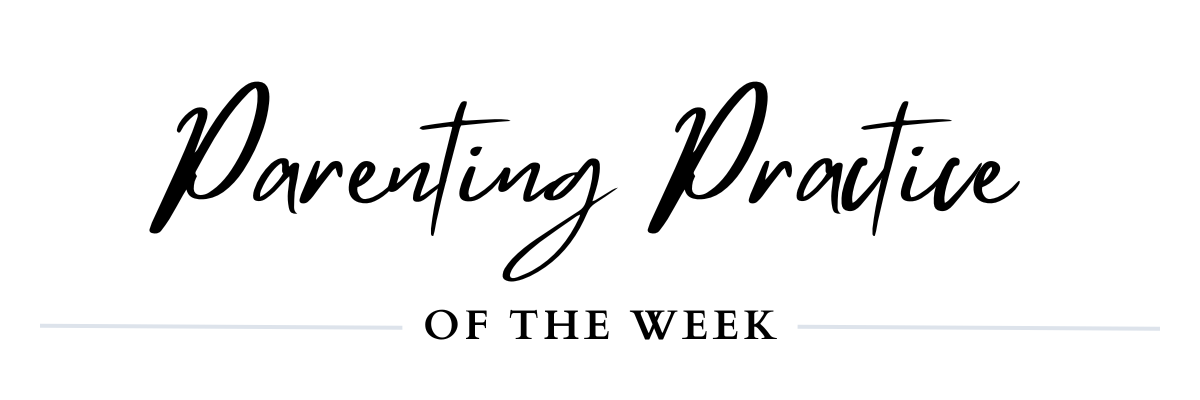Feel It to Heal It

When children are in the middle of experiencing a big feeling, they are not able to access their prefrontal cortex and higher executive functioning. This means that moments of big feelings are NOT the moments to solve any problems or teach any lessons.
In these moments, our children are asking us to show up with our full presence and unconditional love and support.
When our children are met with our calm understanding, empathy, and acceptance, then they can fully melt into their feelings. Letting our children fully feel their feelings without judgment, fixing, or punishment is a gift to their nervous systems and to their development. As Dr. Daniel Siegel says, “Feel it to heal it.”
We can teach the lessons later. We can talk about the behaviors later. This moment is the moment to lean in, love them at their “worst,” show them it’s okay to make mistakes and offer our deepest level of security and presence. By cultivating safety, trust, and support in our relationships with them, we unlock our children’s highest potential to learn and grow in the many moments to come.


Radiating Unconditional Love and Acceptance During Big Feeling Moments
This can look like… soft eyes and a slight smile, open arms, getting on the floor at their level, facing your body towards theirs, and even offering a soft touch if that feels supportive to them.
This can sound like… “You make sense to me,” “This makes sense,” “Of course you feel this way,” and “All of you is welcome here.” You can offer low hum sounds and gentle words to acknowledge your empathy for them: “Mmm, yeah, I hear you, darling.”
What if it’s impossible to access this because of your own big feelings?
This level of unconditional love and acceptance can be hard for us to access in the moment if we are dysregulated ourselves.
Of course, your needs matter, too. All of your feelings are welcome in these moments as well. So you can breathe, rock your body, put your hands on your hearts, and give yourself your own understanding first.
We can always take a moment to show up for ourselves before we show up for our kids. In this way, we show our kids our humanness and model regulation and maturity.
Share This Article:
Curious for more?














